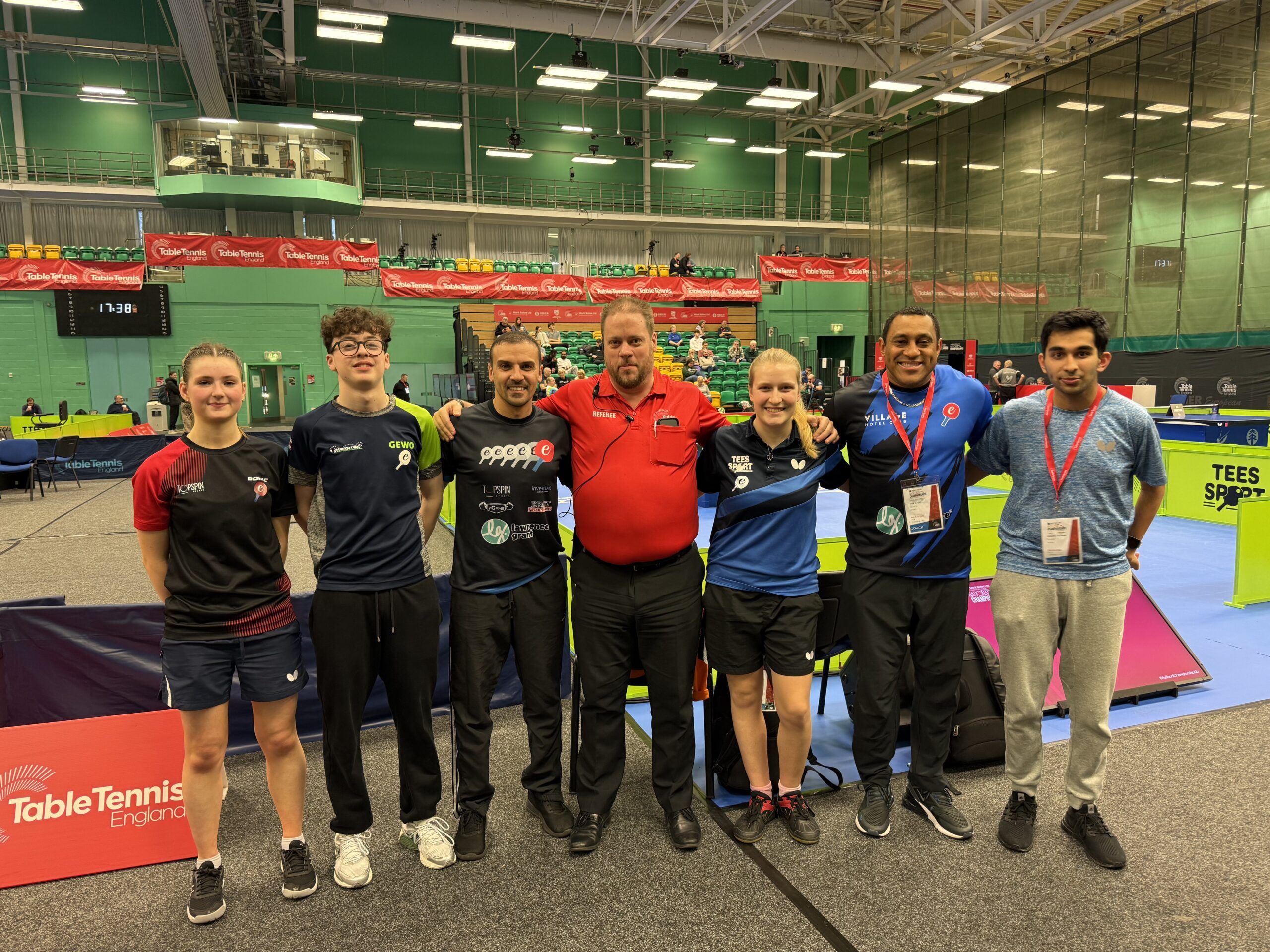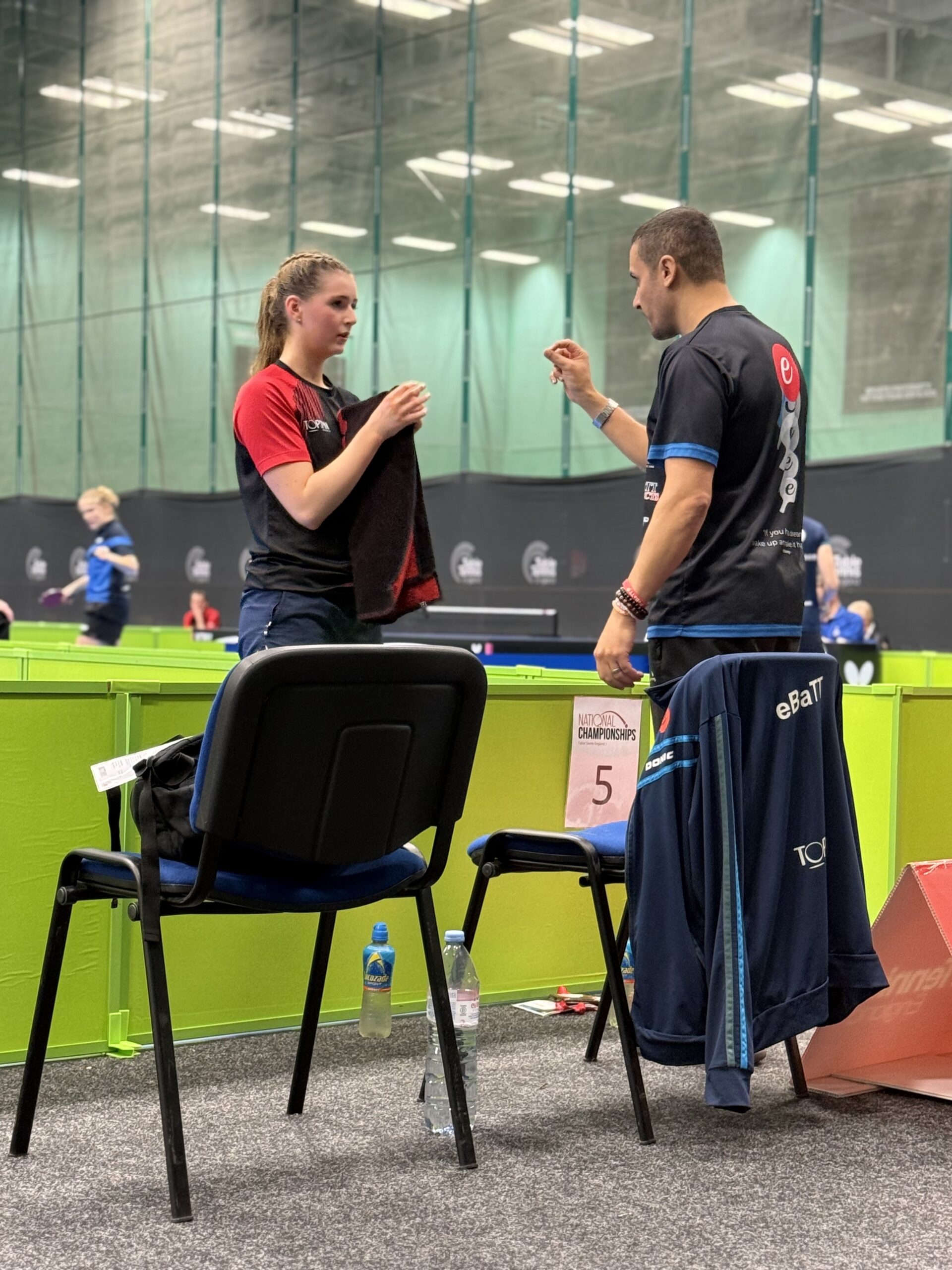An unlikely source of wisdom and model for success.
Opinion
The views expressed in the article do not necessarily reflect those of eBaTT and its employees.

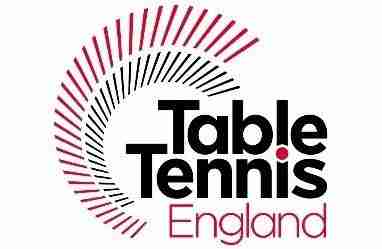


- Our sport is not living up to its potential.
- In several countries it is even regressing.
- This is particularly apparent in England.
Clubs are closing down from financial pressure exacerbated by the pandemic, dwindling memberships, a lack of television coverage, a lack of strong youth talent, high teenage/20s attrition rate and rigid stereotypes surrounding the sport and it’s players. These are just a few of the many difficulties. Demonstrably, our sport is not seeing its best days.
However, there are solutions and sources of wisdom that can be harnessed to put our sport on the road to recovery and in the long run can elevate our sport to become the most vibrant, exciting, and revered sport in England and the world.
We all know that our beautiful sport deserves nothing less!
New Year’s Resolution! Learn from Cage fighting!
The fundamental message in this article is to think outside-the-box and learn from of others who have started from nothing to become astronomical successes. However absurd the comparison between Table Tennis and Cage fighting/Mixed Martial Arts (MMA) may seem, significant wisdom can be applied and our sport can learn a hell of a lot from the premier MMA promotion in the world- the Ultimate Fighting Championship (UFC).
In 1993 before the first UFC event, the sport of Mixed Martial Arts (MMA) was almost non-existent in the United States (US). 28/29 years later, the UFC is one of the largest and (in my view) one of the most charismatic sports organisations in the world and is worth around $10 Billion. Furthermore, the sport of MMA is still growing and moving closer to the mainstream and constantly challenging prevailing attitudes and stereotypes.
How?
There are many factors that led to the success of the UFC. This includes luck, timing, investment etc. However, I shall discuss some key aspects of the UFC promotion that the sport of Table Tennis either lacks or can improve upon.
This article will discuss 4 lessons that can be learned by our sport for the upcoming year and beyond.
- Sport is a story!
- Take a risk!
- Let your stars shine!
- Charismatic Leadership!
Lessons from the UFC
Lesson 1:
Sport is a Story! ‘Sport’ is not simply the activity in question governed by a specific set of rules in which there is a winner and loser. Sport is so much more than that. It is a vessel for telling a story- telling the human story. The human story involves drama and narrative, good guys and bad guys, revenge and betrayal, redemption and salvation and everything in-between.
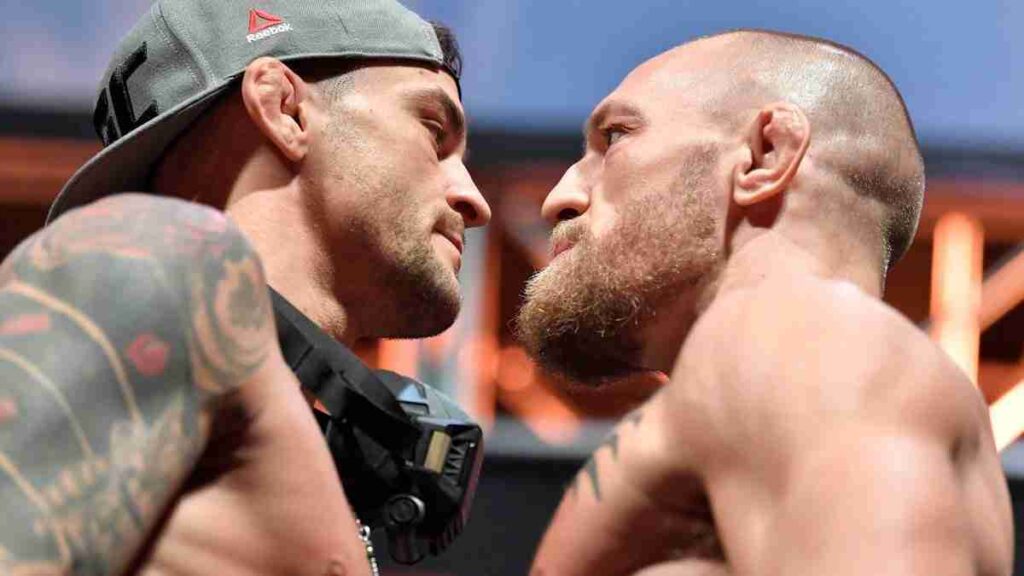

Fans of other major sports are rarely big aficionados of their sport but rather are encapsulated by the stories being told and are invested its main characters.
Table Tennis lacks this element of story. When a lay-person switches onto a match, they have no inclining of what is going on, what the stakes are, the back story and consequently, their engagement quickly fizzles out.
The UFC on the other hand has a strong understanding of the need to create drama and sell a story. It is never just about two individuals fighting in a cage. They use many tools at their disposal to achieve this.
One tool that they use to excellent effect are the inter-athlete press conferences pre and post-event. This gives the media and fans the opportunity to dig deeper and connect to the UFC fighters that are competing on each UFC Card.
Moreover, it also gives the athletes the liberty to publicly interact with and ‘trash-talk’ one another to gain an edge and/or create spectacle to sell more tickets to their fight.
Press conferences of this kind are enormously beneficial. They allow athletes to put their express themselves and build their brand. Furthermore, it helps fans feel like they are more engaged with the athletes and the sport. On to of this many iconic UFC moments have come from the press conferences themselves rather than the actual MMA fight.
Table tennis events at the moment are spectacular in the actual sport but are severely uncompelling in every other aspect. To my knowledge, the majority of table tennis events do not have (or at least
Credit: UFC Credit: World Table Tennis
do not publicise them) inter-athlete press conferences. This would be a very low cost but extremely effective way of increasing engagement with fans and can help them connect to the human side of the phenomenal athletes who rest at the pinnacle of our sport.
Lesson 2: Take a risk!
The UFC as an organisation is not afraid to take risks in order to sell the sport, expand its markets and change social perceptions.
One of the biggest and most monumental risks the UFC undertook was the introduction of the its own reality TV series called The Ultimate Fighter (TUF) which aired on Spike TV from 2005. The introduction of the series was seen as a make-or-break moment for the organisation as it was making a loss prior to taking this risk. The premise of TUF was that regional circuit fighters would be scouted by the UFC to stay in a mansion together in Las Vegas and compete against each other in a knock-out tournament over a period of six weeks and then fight in a live finale. The winner of the tournament would win a six figure UFC contract.
The show proved enormously successful partly because of the novelty of the sport but also due to the compelling characters that the show managed to find and conjure. The show opened up the human side of the sport to mainstream audiences.
The live finale of The Ultimate Fighter managed to attract viewership in the millions and gave Spike TV the confidence to offer the UFC another season of TUF. Indeed, fourteen seasons of the TUF have aired on Spike TV and the show has reached more than 20 seasons with other stations too including Fox.

Table Tennis can only benefit from the kind of risk taking and innovation that the UFC undertook.
An excellent example of such an endeavour is the Table Tennis Daily British League Series and the new TDDSL league. I can write pages about how wonderful it is. In short however, the series is a success because it creates rivalry between clubs and players, it has the high stakes of; money being on the line and making all the matches public on YouTube, it has high quality filming and presentation and importantly, it has a coherent narrative and story and has a diverse array of characters.
World Class Stuff!

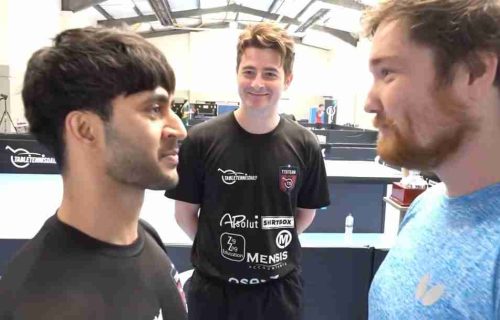
Lesson 3: Let your stars shine!
All sports have stars and personalities that add an X-factor to their sport.
Indeed, some stars are shine so bright because they have that ‘thing’ that allows them to transcend their sport entirely and create shockwaves across sports and culture. Super-stars with this kind of ‘thing’ exist in the sports of Snooker, F1, Boxing, Tennis, Athletics and countless others.
Super-star power is not specific to a certain type of sport but rather is dependent on the personality of the individual and the quality of the promotion that they have at their disposal.
Indeed, a significant success of the UFC business model, is its ability to spot individuals who have that ‘thing’ or ‘X Factor’ whether it be charisma, humour, hot-headiness, beauty, intelligence and/or ability to attract a new or niche market to the sport. Prime examples of such ‘super-stars’ include Ronda Rousey being the first Women’s UFC Champion and a pioneer for Women’s MMA who had confidence, charisma and her gender at her disposal to create shockwaves across culture. Another example being Conor McGregor who was the perfect storm of brash confidence, charisma, humour and being from the proud nation of Ireland (a new market for the UFC). The UFC noticed these two goldmines and promoted them to no end. The numbers do not lie, PayPerView events featuring Rousey and McGregor have sold in their millions and introduced a new generation of MMA fans and participants.

Moreover, the UFC is privileged to have an eclectic mix of personality types in Stars. There are ‘respectful’, ‘honourable’, ‘traditional martial-artist’ types who captured the hearts of fans such as Anderson Silva, George Saint-Pierre, Khabib Nurmagomedov and there are rockstars and mavericks such as Conor McGregor, Nate Diaz and Ronda Rousey.
Stardom can be achieved by a whole spectrum of personality types, so long as there is a sellable ‘thing’- an X-Factor.
All sports need an eclectic mix of stars as the contrast of personality types actually complement one another. Respect and Honour are all very nice and well but they are boring if not contrasted with rebellion, disrespect and exuberance. The wise-old sages need the mavericks and the mavericks need the wise old sages. It works in a yin-yang relationship.
The sport of Table Tennis has countless individuals with star quality that are not being used to their full potential. They need more promotion!
Moreover, I would go so far as to say, that those with X-Factor should have ‘special treatment’ of sorts. This is because the net benefits this would bring would be immense. They would bring new eyes and commercial opportunities that would benefit themselves, their colleagues and the sport as a whole. Furthermore their star power would influence the next generations of athletes coming into our sport. It would make it an attractive sport to young people.
Some stars of the past and present who had popularity and/or notoriety, include Zhang Jike (Rockstar) and Timo Boll (wise sage) to name a few. However, but one cannot help the feeling that they should be more well-known than they are and more could have been done by TT organisations to promote them.
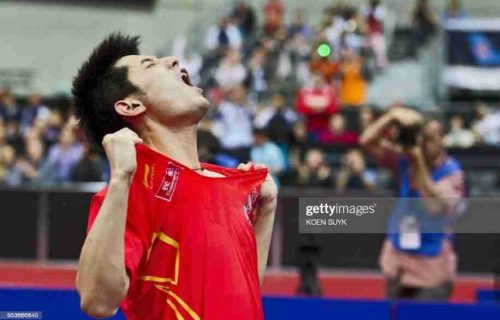
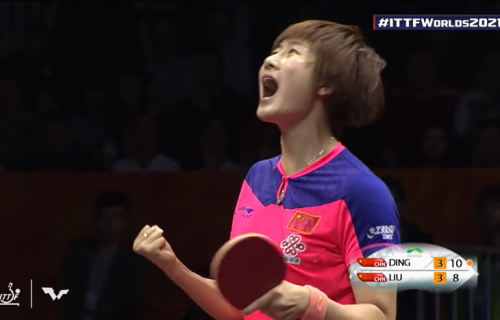
However, in the present and future, our sport is oozing with X Factor.
To name a few that any promoter would kill for:
- Truls Moregard- Young maverick, unlimited talent and potential.
- Simon Gauzy- Magician and French charm.
- Tomakazu Harimoto- Young fireball.
- Hugo Calderano- Renaissance man and true athlete.
- Bernadette Szocz- Passion, intensity and beauty.
- Lily Zhang- Likeable, personable and down to earth.
- Bruna Takahashi- Talent, beauty and new market (women’s TT in Brazil).
- Mima Ito- natural charm and humour, insane talent.
- Countless others.
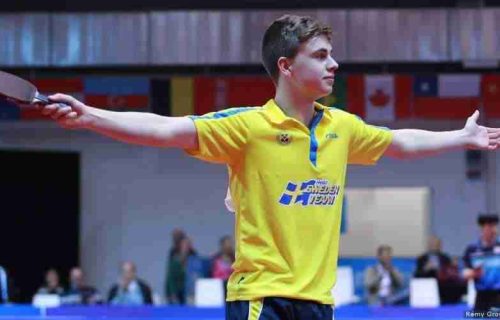
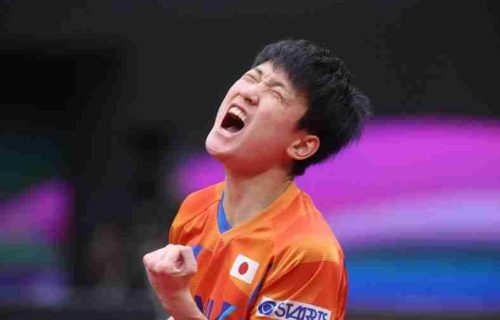
- Quadri Aruna- Zero to hero story, humble beginnings in Nigeria, now one of best players in the world. Carries the hearts of an entire continent and inspiration to whole world.
- Ding Ning- Inspiration, role model, beauty, natural charm and all-time great.
- Timo Boll- Natural sportsman, role model, evergreen talent and a future ambassador for the sport
- Zhang Jike- Rockstar, handsome, massive fan base and unlock Western Market unlike other Chinese players can.
How to promote stars?
Linking to Lesson 1, stars (and all athletes) should be given the chance to promote themselves at pre and post event press conferences.
Secondly, Table Tennis organisations should be more ambitious, forceful and even aggressive in pushing their stars into the mainstream. Push them into reality TV shows, get them interviewed on national news programmes, invest in documentary series and sell it off to one of the major television channels or Netflix.
Be ambitious, be creative, believe in your athlete’s marketability and appeal and then, be there when the entire sport reaps the rewards.
Lesson 4: Charismatic Leadership!
Lastly, the UFC’s leadership style has been absolutely crucial to their success. It is bold, explosive but crucially, it is fan-friendly and open to new ideas and criticism.
Dana White, The President, is far from conventional, and does attract criticism and controversy. However, White was instrumental in forcing the UFC into the mainstream, pushing deal after deal with television companies, acquiring smaller promotions, relentlessly promoting fighters to fans, going far and wide to recruit the best fighting talent but also recruiting excellent staff and investors.
He, his investors and team have been relentless in promoting the UFC and the sport of MMA and it has truly done wonders for their sport.
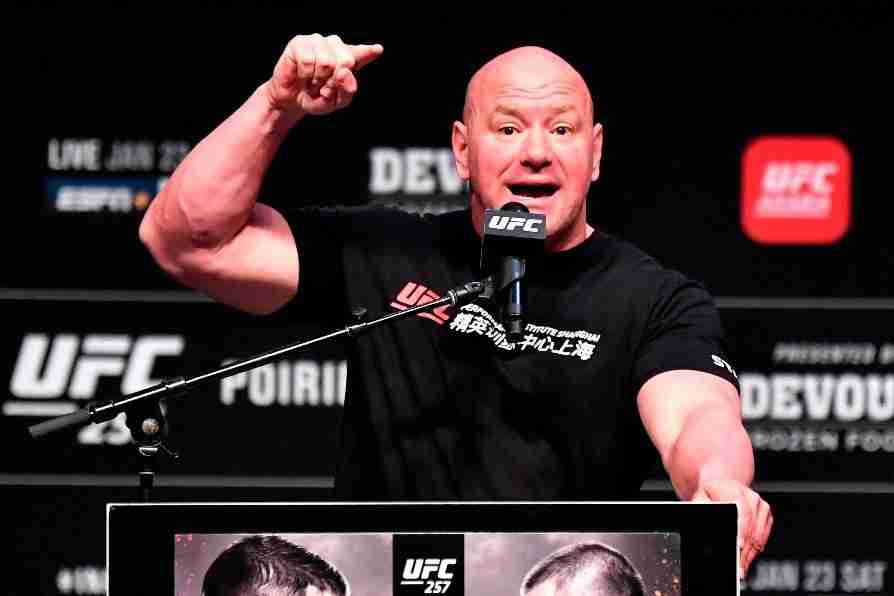
Crucially, White and the UFC leadership give the fans what they want. They often ask fans for feedback and input directly and then the UFC delivers accordingly. If fans want a rogue fight outside of the UFC rankings for gimmick championship such as the BMF Title, the UFC will deliver.
To capture White’s leadership in a nutshell; he aggressively promotes his sport and takes no prisoners, to put it bluntly, he will do what’s best for his sport and his fans and, ‘does not give a f***’ what anyone else says otherwise.

This engagement and passion seem to be lacking or perhaps less at the forefront when it comes to Table Tennis Leadership. One feels that they are far too removed from the fans of the sport. As a fan this can feel disillusioning. It evokes images of figures operating behind closed doors in smoke-filled
rooms.
- Who are these figures?
- What are their goals?
- Are they passionate about table tennis?
- Do they have another agenda?
Given that as they hardly engage nor make themselves known, how are fans who care about the direction of the sport to do anything but ask these anxious questions? Table Tennis leadership is too detached and sterile. Do fans feel encapsulated, motivated and inspired by them?

Table Tennis Leadership, you can do more!
White, in spite of his flaws really loves sport that he promotes and is more transparent the majority of sport executives (Table Tennis included).
Whilst I am not suggesting they go to the extent as White which can sometimes be too aggressive, obnoxious and alienating, they should definitely take notes and adopt 20-30% of his style. Table Tennis Leadership should interact more with members and fans of the sport. They should be interviewed at press conferences and should praise the athletes and promote their stars.
Conclusion
To surmise, for our sport to expand and improve and even survive, Table Tennis organisations need to think outside the box by learning from ‘seemingly’ obscure and unrelated sports for inspiration and innovation.
Accordingly, the sport can only benefit from implementing aspects of the UFC business model into its modus operandi.
If nothing else, implementing even small changes will do wonders. Adding press conferences, hunting for and promoting star-power. Additionally, leadership being more in the public eye and coming across as slightly more human and less Corporate Strategy and Public Relations machines will create a cascade of opportunities for the future.
So, for 2022, we will all make our own resolutions, I propose we make some for our sport too. These are the ones I have made, feel free to make some more!
- Sport is a story!
- Take a risk!
- Let your stars shine!
- Charismatic Leadership!







